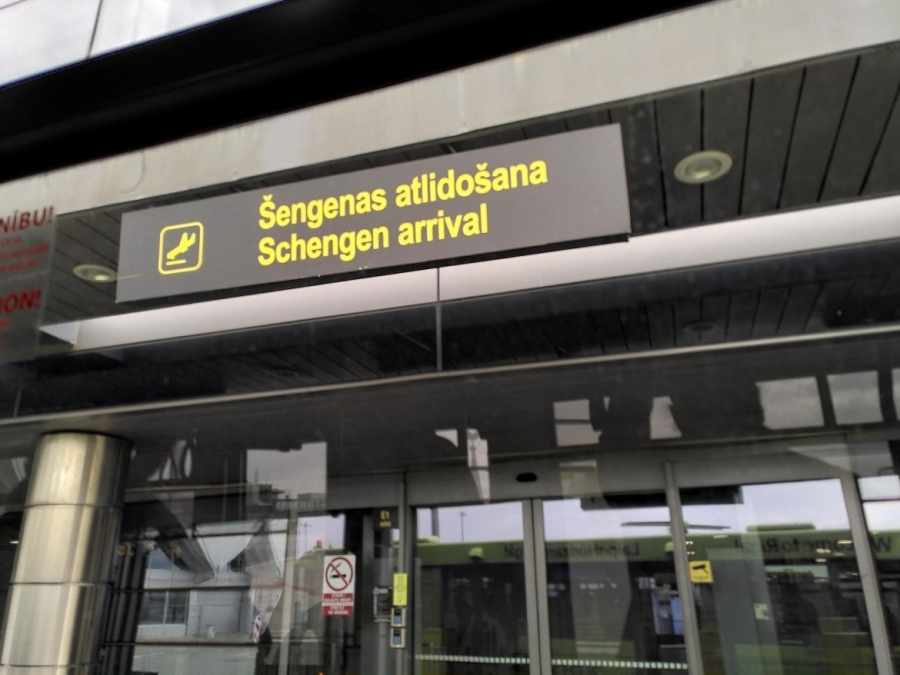On the 31st of March, Bulgaria and Romania are set to become new members of the Schengen area, albeit partially.
While the European Commission announced this significant step towards integration, the Council of the European Union is yet to finalise a decision regarding the date for abolishing checks at internal land borders.
According to the press release from the European Commission, starting from the 31st of March, Schengen rules will be enforced in Bulgaria and Romania, encompassing the issuance of Schengen visas and the cessation of controls at internal air and sea borders.
However, the Council of the EU still needs to decide on the timeline for lifting checks at internal land borders between Bulgaria, Romania, and other Schengen countries.
The European Commission has stated that the accession of these two countries to the Schengen area will make the common space more attractive by significantly expanding the world’s largest area without internal border controls.
Since December of the previous year, both Bulgaria and Romania have taken all necessary measures to ensure the seamless application of Schengen rules from the 31st of March 2024.
Additionally, a regional initiative on police cooperation has been established among member states situated along the Western Balkan and Eastern Mediterranean routes, including Bulgaria, Romania, Austria, Greece, Hungary, and Slovakia.
This initiative aims to address related challenges jointly and sustainably, particularly concerning cross-border crime.
The European Commission also highlighted that Bulgaria and Romania have consistently demonstrated a high level of commitment to ensuring the adequate protection of EU external borders and have played key roles in maintaining internal security within the Schengen area.
Looking back, Prime Minister of Romania, Marcel Ciolacu, reassured that the government has a plan for the country to fully join the Schengen area by the end of 2024.
In December 2022, EU interior ministers failed to reach a consensus on Bulgaria and Romania’s accession to the Schengen area. Austria and the Netherlands voted against, citing concerns over these countries’ efforts in curbing illegal migration.
Austria remains the sole country opposing Romania’s acceptance into the Schengen area, citing risks associated with illegal migration.
Main Image: By Kaihsu Tai – Own work, CC BY-SA 4.0, https://commons.wikimedia.org/w/index.php?curid=118861346
Click here for more on News & Current Affairs at EU Today
_________________________________________________________________________________________________________

Follow EU Today on social media:
Twitter: @EU_today
@EU_sports
Facebook: https://www.facebook.com/EUtoday.net/
https://www.facebook.com/groups/968799359934046











